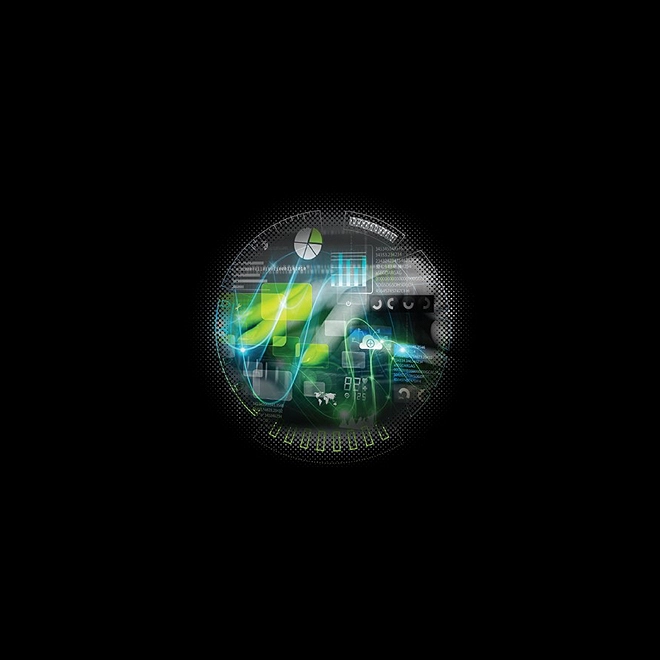SARS’ shift to the digital era
No short cuts to true digital transformation
Amid the loss of revenue, now exacerbated by the COVID-19 pandemic, the South African Revenue Service (SARS) needs to find ways to close the widening deficit hole more than ever before. We are now in the fourth industrial revolution, and one cannot help but think about how digital innovation could be leveraged to help plug the hole. We believe that this will happen, although maybe not in the current year. However, when done right, the benefits could be incredible and the results will work for the revenue authority and the people it serves. Revenue authorities in some countries have been working on their digital transformation journey for longer and have introduced initiatives such as fiscalisation, real-time reporting, electronic invoicing, etc. However, learning from the best on various approaches to digital transformation and new technologies, our revenue authority could leapfrog into the 4th industrial revolution.
Many revenue authorities across the world are only now digitalising, or carrying out limited digital innovation, and are yet to move to being truly digital. Being digital is not just about technology, as many organisations are fast realising after investing in technology projects that have not helped them move into the fourth industrial revolution in a meaningful way.
When management consultants and digital gurus say “technology is an enabler”, it means one needs to get a well-rounded view of everything else (goals/aspirations, culture, people, processes and data) to understand what needs to change overall and how; and then look at what technology can enable them to exponentially reach their goals. It is similar to putting in place building blocks - you need to have a stable foundation. Some technologies assist you to put in place that foundation, some support the foundation and some draw on the foundation to make the processes work.
In establishing this foundation, it is important to look at the revenue authority environment holistically considering:
- main business goals for the transformation
- its work force
- taxpayers
- ever changing business models for organisations
- all tax types
- data availability and data quality across all tax types
- connected ecosystems such as other government agencies, etc.
With the above in mind, determine how this foundation should look, and then make it come alive by assessing which of the new technologies are best suited to make the end-to-end process work more efficiently.
New Zealand’s Inland Revenue Commissioner, Naomi Ferguson, said, “It (the need for technology change) was the starting point. But I think once you started thinking about changing 20-year old technology, you realise that actually some of the customer’s needs were different, customer experiences were different, business processes that were built 25 years ago don’t suit today’s world.”
It is common for revenue authorities to perform “after the fact” verification, by issuing a number of time-consuming audits. The Deloitte revenue administration playbook advises that this can be reduced by shifting the focus of regulation from the returns submitted to the underlying process as well as relying on the data consumed and produced by the process.
We already see this shift in many countries, where revenue authorities are rethinking the entire process (albeit for a particular tax type only) and inserting themselves into the taxpayer process. When invoices are being generated, for instance, the revenue authority will issue out the invoices to the taxpayer’s suppliers in a standard format from the authority’s systems. Direct application programming interfaces (APIs) from organisations to the revenue authority facilitate this process change and enable real-time access to information by the revenue authority. Many say this is moving us to a world where there is no tax return, where tax “just happens” and processes can be relied upon to produce the correct tax outcomes. SARS has made some recent strides in this area when it comes to auto-populating individuals’ tax returns with third party data.
Ronnie Nielson, Deloitte Tax Thought Leader (Denmark), explains that many tax agencies have taken a piecemeal approach to digital-based operations, building stand-alone digital products atop legacy foundations, which has challenges related to cost, ease-of-use, and incompatibility with emerging technologies. He explains further that it is important to build a truly digital core and that this will require a multipronged approach that can include automating tax submission review workflows and adopting modular, flexible approaches to systems architecture to respond to changing policy mandates.
SARS is already on the journey of digital transformation. Finance Minister Tito Mboweni and SARS Commissioner Edward Kieswetter, have made comments indicating how important digital solutions are to making the revenue authority achieve some of its goals and to move forward into the new era. Innovations in terms of auto-populating the tax returns with third party data, improving the e-filing portal and SARS app functionality as well as the chat bot on the mobile SARS app, are some of the recent milestones achieved by SARS.
However, digital solutions in disparate small pockets across the revenue authority cannot result in true digital transformation. It starts with an ambitious digital transformation aspiration (that aligns with its overall mission/mandate) and an all-encompassing, well-thought-out digital transformation plan that has measurable outputs and - more importantly - that can be implemented timeously. This plan needs to incorporate the future of work, in other words, the impact of disruptive technologies on traditional ways of working; as well as how to embark on this digitisation programme while still being very clear on the protection of taxpayer data and data secrecy requirements.
As we grapple with what future the coronavirus pandemic is leading us into, and how do we get digital transformation right, let us take some advice from what Abraham Lincoln said, “The best way to predict the future is to create it”.



